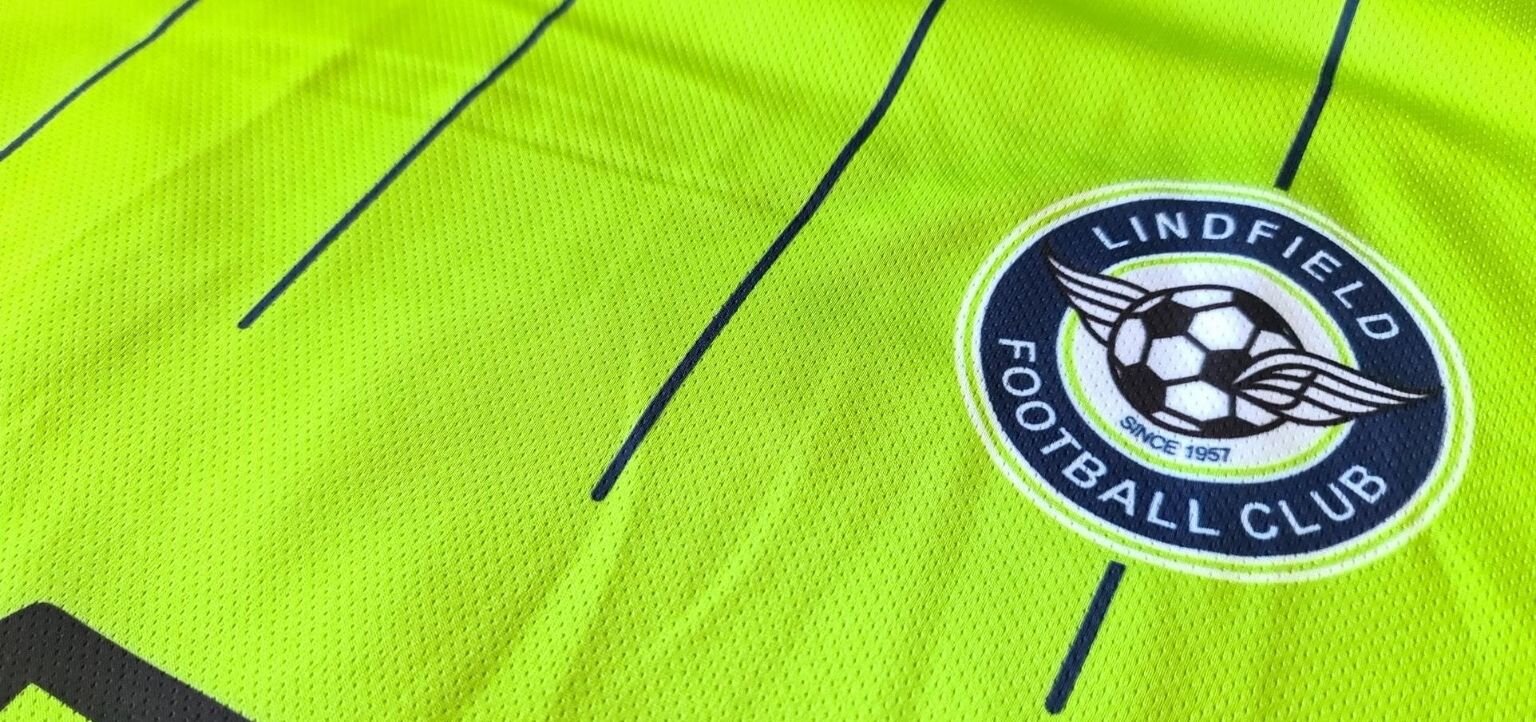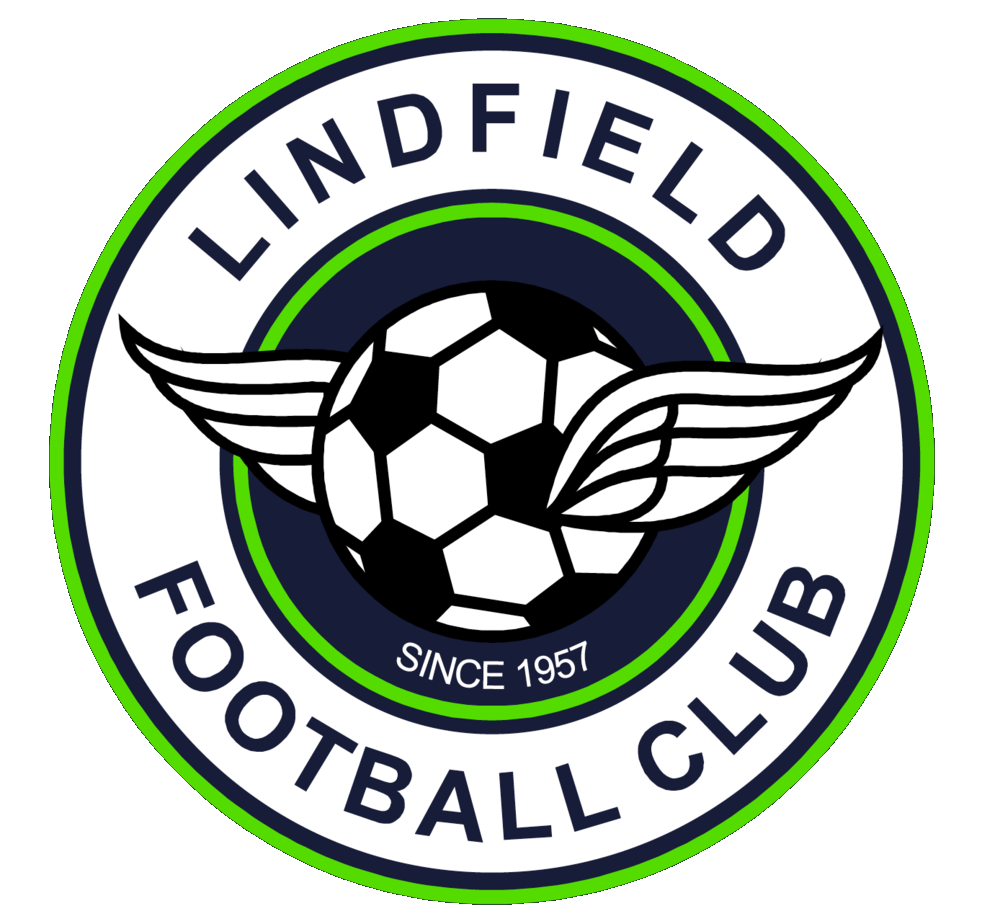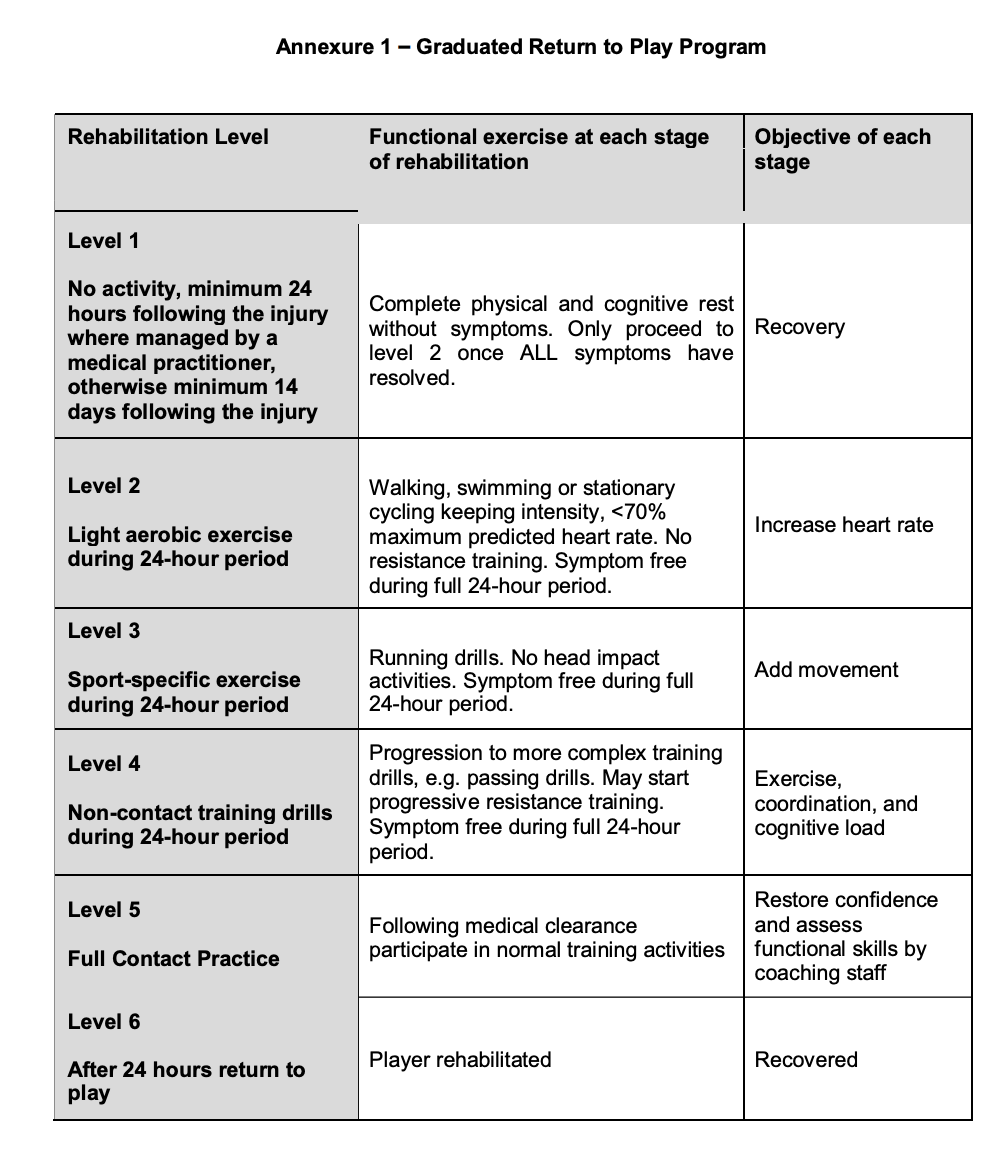
Concussion Policy - Adopted from NSFA
Concussion is a brain injury and is defined as a complex pathophysiological process affecting the brain, induced by biomechanical forces. A concussion is a brain injury that is feared because it may affect memory, concentration, problem-solving and more. In real life, it is not at all easy to recognise that you have suffered a concussion. Contrary to common belief, you do not need to have lost consciousness to suffer concussion. You may be confused or unaware at the time, date or place for while after the injury, or you may have headache, dizziness, nausea and unsteadiness/loss of balance.
At LFC we take player health and safety incredibly seriously and recently hosted a special forum on concussion led by by Vicki Evans who has been involved in Neuroscience nursing for over 30 years in a variety of positions - public and private, in Australia and New York, USA. She is also well known on the neuroscience lecture circuit – locally, nationally and internationally as well as for her many publications, including book chapters and journal articles.
All coaches, managers, parents and players are strongly encouraged to view this special presentation for an enlightening lesson on "What is concussion & why it needs to be taken seriously?" Topics cover how to recognise and manage concussion plus first aid management. You can view the video presentation here.
In general, the majority (80 – 90%) of concussions resolve in a short (7 – 10) period, although the recovery frame maybe longer in children and adolescents.
Immediate visual indicators of concussion include:-
Loss of consciousness or responsiveness
Lying, motionless on the ground/slow to get up
A dazed, blank or vacant expression
Appearing unsteady on feet, balance problems or falling over:
Grabbing or clutching of the head
Impact seizure or convulsion
Concussion can include one or more of the following symptoms:
Symptoms: Headache. Dizziness, “feeling in a fog”.
Behavioural charges: Inappropriate emotions, irritability, feeling nervous or anxious
Cognitive impairment: Slowed reaction times, confusion/disorientation – not aware of location or score, poor attention and concentration, loss of memory for events up to and/or after the concussion.
Any athlete with a suspected concussion should be immediately removed from the play and should not be returned to activity until they are assessed by a qualified medical practitioner.
Players with a suspected concussion should not be left alone and should not drive a motor vehicle. Only qualified medical practitioners should diagnose whether a concussion has occurred, or provide advice as to whether the player can return to play.
There should be no return to play on the day of concussive injury.
Following the clearance from a qualified Medical Practitioner for the player to return to play, the player should progress through a Graduated Return to Play Program (see Annexure 1 for guidelines).
In all cases, the Graduated Return to Play Program provides a minimum of 6 days before the player can play a competitive game.

